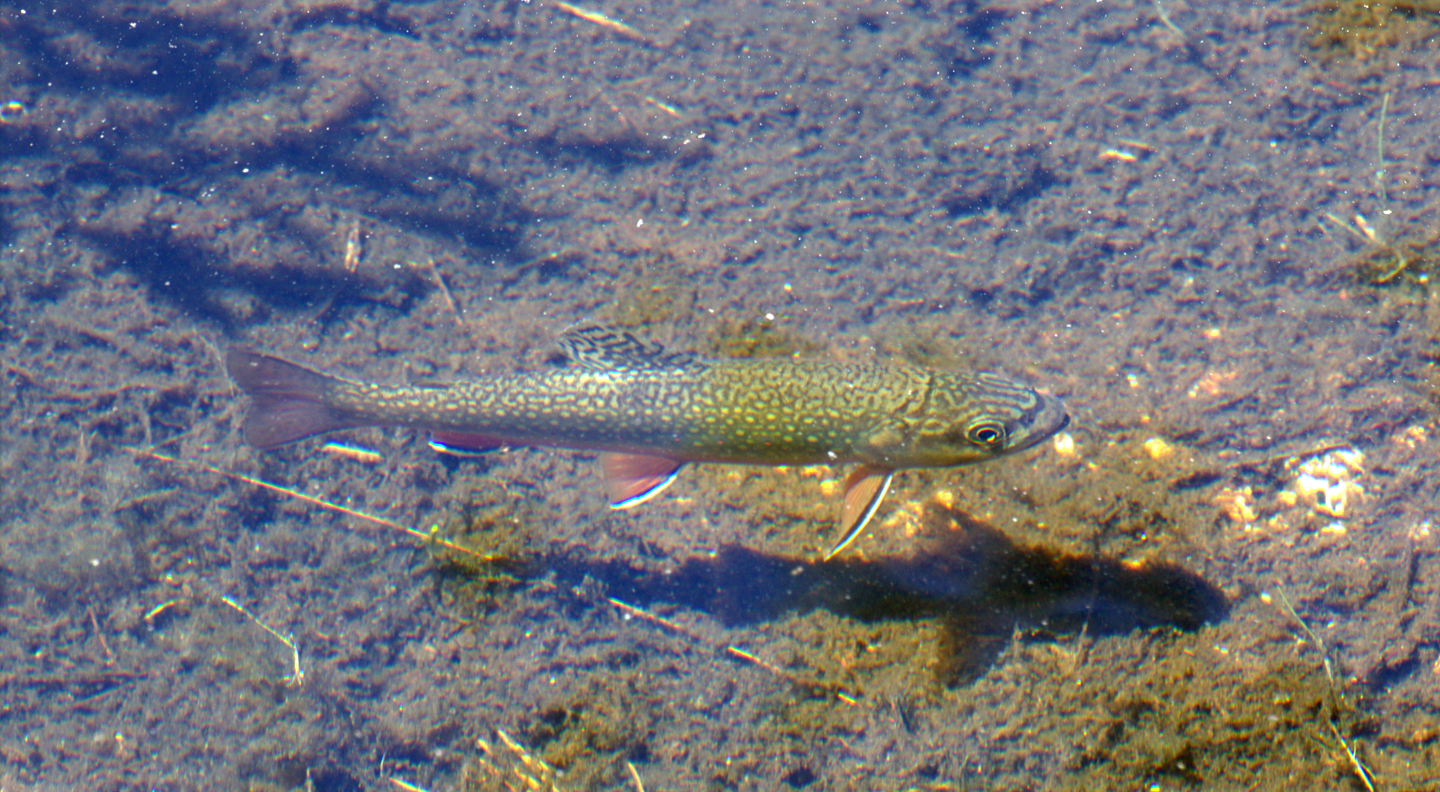Naturally Resilient: Fine words, weak commitments

The Ministry of Natural Resources and Forestry (MNRF) has released its climate adaptation strategy, Naturally Resilient, for public comment. The strategy is chock-full of fine sounding goals and intentions. Yet clear commitments, priorities and time-bound targets – needed to drive action, ensure financing and enable assessment of progress – are conspicuously missing. Ontario needs more than fine words and vague assurances. We need action driven by commitments, targets and funding. Please join Ontario Nature in demanding a climate adaptation strategy that is fit to address the monumental challenges ahead. The deadline for public comment is March 31, 2017.
Climate change presents a serious threat to biodiversity – across the planet and right here at home. Scientists are telling us:
Naturally Resilient is MNRF’s response to this challenge. It sets out a five-year framework “to guide the ministry in taking actions to continue sustainable natural resource management in Ontario, and support resilience, as the climate changes.” It outlines five goals and 23 actions that the ministry will take to confront and adapt to the risks posed by climate change. This is all well and good except for the conspicuous absence of clear commitments, priorities and time-bound targets. How serious is the ministry about responding to climate change? And how “naturally resilient” will Ontario actually be in five years?
For example, the very first proposed action (1.1 Work Within Government) is “Encourage consideration of natural resource climate change adaptation as part of provincial initiatives” (emphasis added). Such noncommittal wording invites disregard and inaction.
The same criticism applies to the second proposed action (1.2 Planning and Strategy): “Consider climate impacts in the development and implementation of broad scale strategies and land-use plans.” At this stage in the game we need to do more than “consider” climate impacts in land use planning – we need to address them.
In many cases, even where the wording is less wishy-washy, the action described is too high-level to drive implementation or assess results, especially in the absence of precise targets and timelines. Take, for example, proposed action 2.1: Ecosystem Resilience: “Maintain and improve ecosystem resilience by conserving biodiversity, identifying and reducing pressures, restoring degraded ecosystems and mitigating the impacts of land uses.” Yes, Ontario needs to do all of these things, but the strategy should explicitly address how and when that will happen. We need to know what the government is aiming for and we need to be able to hold it to account.
Ontario already has a Biodiversity Strategy with a complementary plan of action, which MNRF has largely chosen to ignore. The climate adaptation strategy should include a renewed government commitment to achieving relevant Biodiversity Strategy targets, such as conserving 17 percent of the province’s lands and waters by 2020. In an era of climate change, protected areas play a vital role in reducing the negative impacts of extreme climatic events, capture and store CO2 from the atmosphere, and provide climate refugia and corridors for plant and animal species. They should be a key piece of this strategy.
Please join us in asking MNRF to revise the draft climate adaptation strategy as follows:
- Include precise targets, priorities and timelines;
- Include a commitment to conserve 17 percent of Ontario’s lands and waters by 2020, as per the Ontario Biodiversity Strategy;
- Include a commitment to address the cumulative impacts of climate change and other direct threats to biodiversity associated with resource extraction (e.g., forestry, mining) and infrastructure development; and
- Commit to adequate funding to fully implement the strategy.
Be sure to reference Environmental Registry #012-9499.